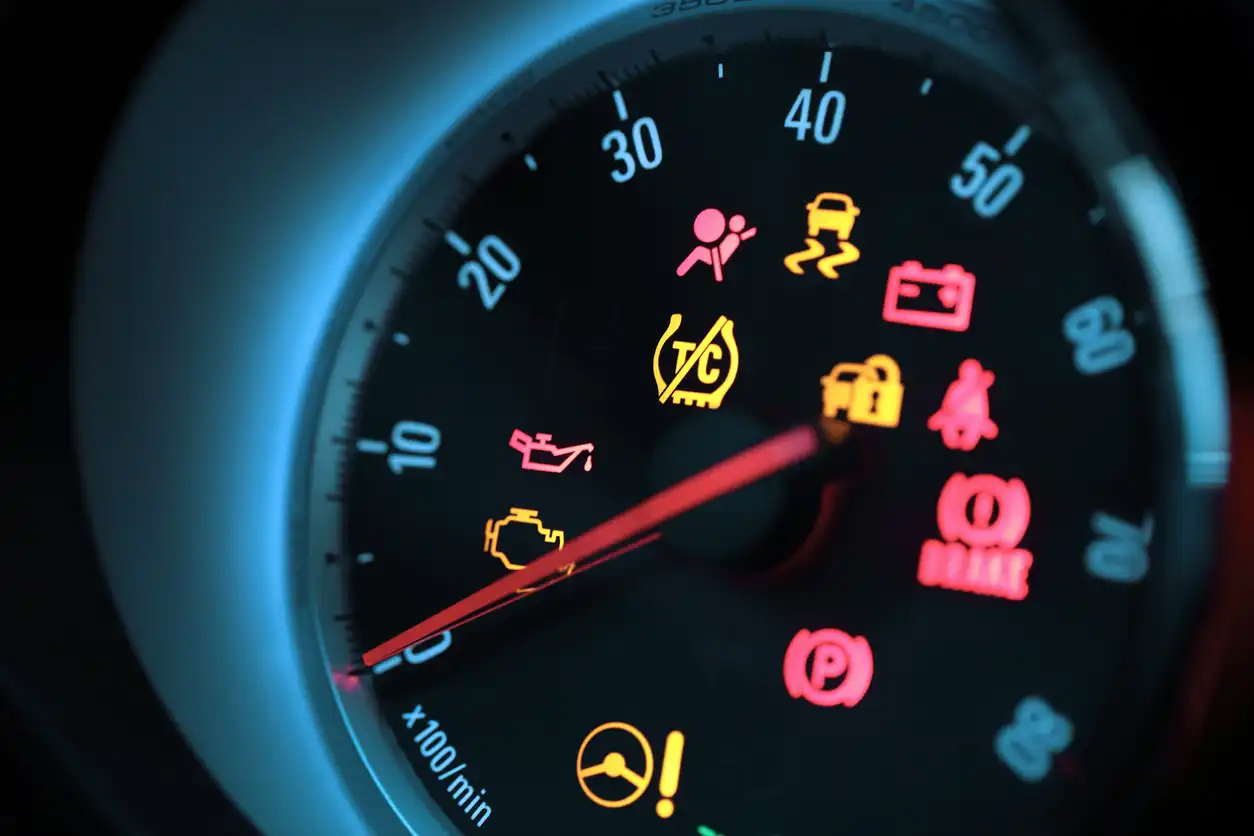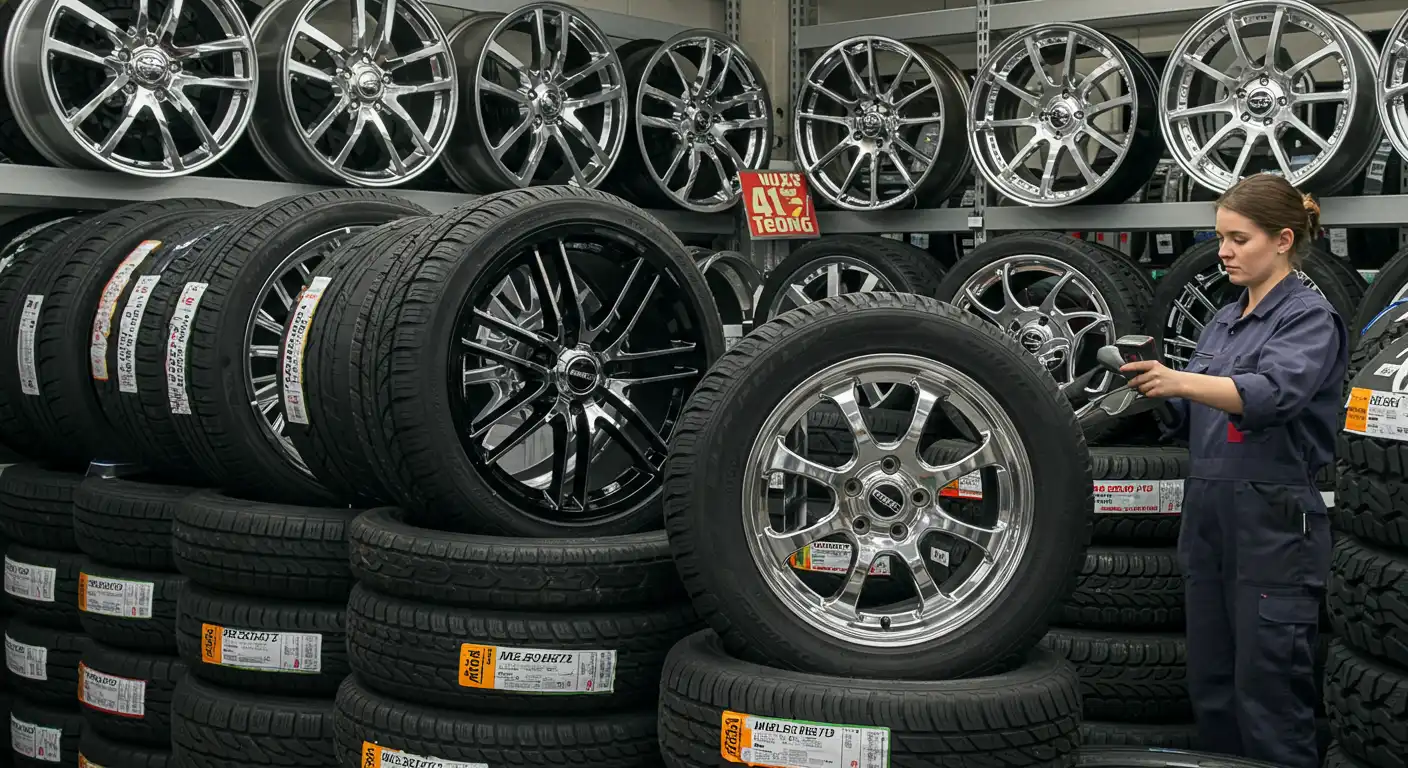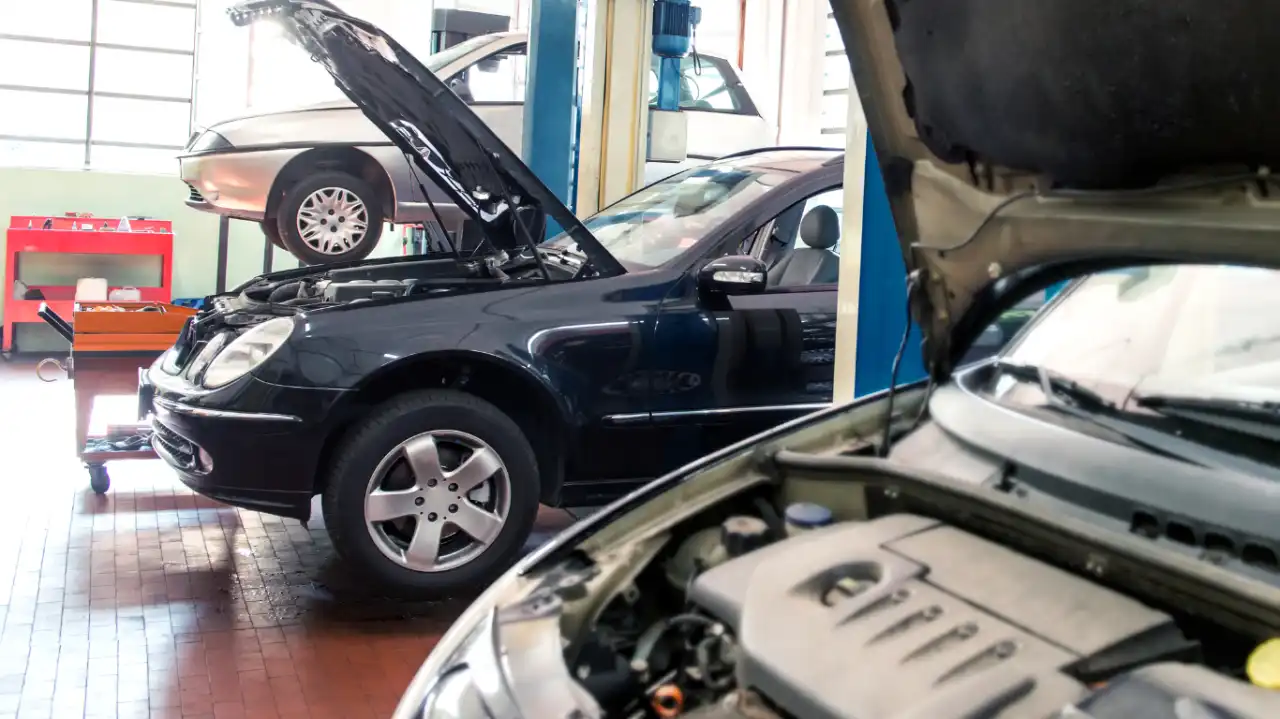Your car is one of the most significant investments you’ll make, and maintaining it properly is essential for keeping it running smoothly and avoiding costly repairs. Many vehicle problems can develop slowly over time, and recognizing the early warning signs of issues is crucial to preventing larger, more expensive repairs down the road.
In this blog, we’ll cover the early warning signs that your car may need a repair, helping you catch potential issues before they become serious. By staying vigilant and noticing these signs early, you can keep your car in optimal condition and save both time and money.
1. Strange Noises
One of the most common indicators that something is wrong with your car is strange noises. If your vehicle starts making unusual sounds, it’s often a sign that something isn’t functioning properly. Here are a few sounds to pay attention to:
A. Grinding or Squealing Sounds (Brakes)
-
What it means: A high-pitched squealing or grinding noise when you apply the brakes could indicate worn-out brake pads. This issue can lead to more significant brake system damage if not addressed.
-
What to do: Have your brakes inspected immediately to prevent further damage and ensure your safety.
B. Engine Noise
-
What it means: If you hear a knocking or tapping sound from the engine, it could be a sign of low oil levels, a failing lifter, or internal engine damage.
-
What to do: Check your oil level, and if it’s low, top it off. If the noise persists, take your car to a mechanic for further diagnosis.
C. Hissing or Sizzling Noises (Radiator)
-
What it means: A hissing sound could indicate a coolant leak or a problem with the radiator. This can lead to engine overheating and cause significant damage.
-
What to do: If you hear this sound, stop driving the vehicle immediately, as engine overheating can lead to a complete engine failure. Get the radiator or coolant system checked right away.
2. Unusual Vibrations
If your car starts vibrating or shaking more than usual, it could be a sign of a problem. The cause of these vibrations can range from simple to severe, so it’s important to address them promptly.
A. Vibration While Braking
-
What it means: If your steering wheel or entire car vibrates when you apply the brakes, it could be due to warped brake rotors or an issue with the brake system.
-
What to do: Get your brake system checked by a mechanic to prevent further damage.
B. Steering Wheel Vibration
-
What it means: A shaking steering wheel, especially at higher speeds, could indicate an issue with your tires, wheel alignment, or suspension system.
-
What to do: Have your tires and alignment checked and balanced to ensure a smooth ride.
3. Dashboard Warning Lights
The dashboard of your car is equipped with various warning lights that can indicate potential issues. Don’t ignore these lights; they provide valuable information about your car’s condition.
A. Check Engine Light
-
What it means: The check engine light can indicate a wide range of issues, from a loose gas cap to a serious engine problem.
-
What to do: If the light comes on, take your car to a mechanic for a diagnostic check. They can identify the issue and prevent further damage.
B. Oil Pressure Warning Light
-
What it means: If this light appears on your dashboard, it indicates that your car’s oil pressure is low. Low oil pressure can lead to engine damage.
-
What to do: Stop driving the car immediately and check the oil level. If the oil level is fine, there could be an issue with the oil pump or a leak, and you should have your engine inspected.
C. Tire Pressure Warning Light
-
What it means: A tire pressure light indicates that one or more tires are under-inflated. Under-inflated tires reduce fuel efficiency and can cause uneven tire wear.
-
What to do: Check your tire pressure and inflate the tires to the recommended level. If the light stays on, there may be a slow tire leak that needs to be repaired.
4. Poor Fuel Efficiency
If you notice that you’re filling up your gas tank more often or that your car is consuming more fuel than usual, it could be an indication that something’s wrong under the hood.
What it means: A drop in fuel efficiency can be caused by several issues, such as:
-
Worn spark plugs: Causing poor combustion.
-
Dirty air filter: Restricting airflow to the engine.
-
Fuel injector issues: Resulting in inefficient fuel delivery.
What to do: Have your fuel system, spark plugs, and air filter checked and replaced as necessary to restore optimal fuel efficiency.
5. Fluid Leaks
Finding puddles or spots of fluid under your car could indicate a leak in one of your vehicle’s critical systems. Common fluid leaks include:
A. Engine Oil Leak
-
What it means: A leaking engine oil is a sign of worn-out seals or gaskets. Running low on oil can lead to engine overheating and severe damage.
-
What to do: Check your oil level and have the leak fixed by a mechanic to avoid damaging your engine.
B. Transmission Fluid Leak
-
What it means: A transmission fluid leak could indicate a problem with your transmission system. Low transmission fluid can result in erratic shifting or even a complete transmission failure.
-
What to do: Have the transmission inspected and repaired immediately to avoid further damage.
C. Coolant Leak
-
What it means: A coolant leak can lead to engine overheating, which can result in catastrophic engine failure.
-
What to do: Check the coolant levels, and have the leak repaired to prevent engine damage.
6. Difficulty Starting Your Car
If your car is struggling to start, or if it takes longer than usual to turn over, it could be a sign of an underlying issue.
What it means: Common causes for difficulty starting include:
-
Weak battery: If your battery is old or not charged, it can prevent your car from starting.
-
Starter motor issues: If the starter motor is failing, it may not engage the engine properly.
-
Fuel system problems: A clogged fuel filter or failing fuel pump could be preventing fuel from reaching the engine.
What to do: Have the battery, starter, and fuel system checked to ensure everything is in good working order. If the issue is with the battery, a replacement may be necessary.
7. Unpleasant Odors
Unusual smells can often indicate that something is wrong with your car’s systems.
A. Burning Smell
-
What it means: A burning smell could be a sign of overheating components, such as the brakes or engine.
-
What to do: If you smell something burning, pull over immediately and inspect the car. If the issue is with the brakes, have them checked as soon as possible.
B. Sweet Smell
-
What it means: A sweet smell often indicates that coolant is leaking from the radiator.
-
What to do: This is a serious issue that can cause engine overheating. Have the radiator and coolant system inspected immediately.
8. Conclusion
Catching potential car problems early can save you from expensive repairs down the line. By paying attention to strange noises, unusual vibrations, warning lights, and other early signs, you can address issues before they become major headaches. Regular maintenance and prompt repairs are key to keeping your car running smoothly and efficiently.
If you notice any of these warning signs, don’t hesitate to take your car to a trusted mechanic. Early intervention can not only save you money but also help you avoid the inconvenience of unexpected breakdowns. Your car will thank you for it with better performance, improved safety, and a longer lifespan.




